Long before the unending debate on climate change began, the Maa community in Kenya practised pastoralism.

They moved around in search of pasture and water for their thousands of livestock, a way of life meant to help the community survive through the harsh climatic conditions of Kenya’s South Rift region.
Land ownership policies have reduced the sizes of community and individual parcels, making pastoralism unsustainable and a primary source of conflicts in Kenya today.
In retrospect, it was an adaptation mechanism.
However, now, when they need it the most as the climate crisis takes a toll on the world, the Maa community can no longer move freely with their livestock.
This is because land ownership policies have reduced the sizes of community and individual parcels, making pastoralism unsustainable and a primary source of conflicts in Kenya today.
“Where I come from, I have witnessed how climate change has increased gender-based violence.”
This exemplifies how climate change has economically, psychosocially, culturally, legally, and even politically transformed ways of life in Global South countries.
When the Alliance for Science launched the Relief2Resilience campaign at COP27, the intention was to highlight innovators, innovations, and technologies across the spectrum of science that can move vulnerable communities from dependency to resilience.
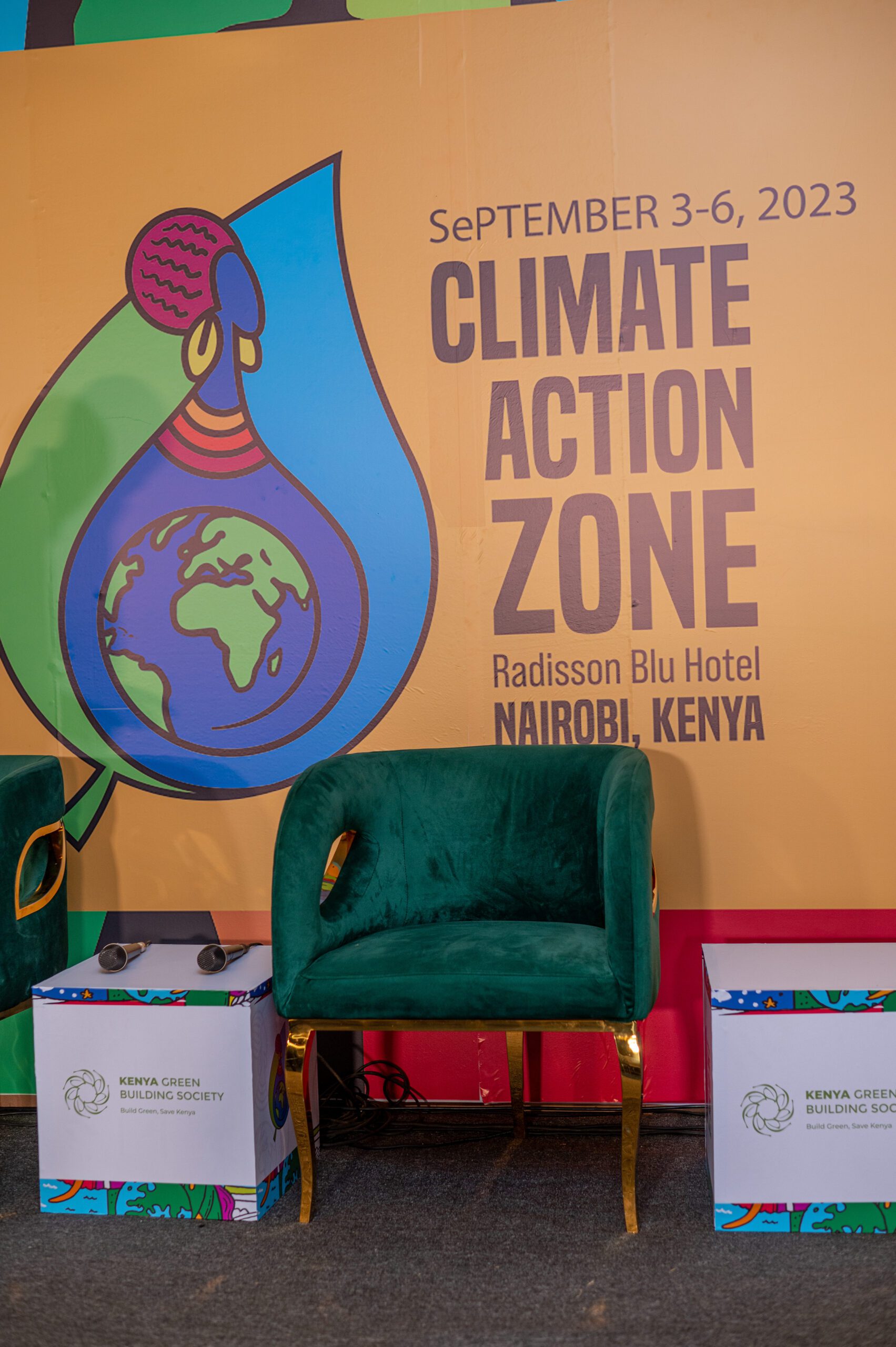
About a year later, on the second day of the Climate Action Zone, a panel moderated by Dr Sheila Ochugboju, the Executive Director of Alliance for Science, sat to discuss the milestones reached, climate adaptation, and the way forward.
“Climate change has increased gender-based violence.”
The panelists were Jackline Koin, the Alliance for Science Resilience Ambassador; Justice Gertrude Chawatama, a Zambian High Court judge; and Thandie Villadsen, the Regional Humanitarian Diplomacy Coordinator, Africa Region, at the International Federation of the Red Cross and Red Crescent Societies (IFRC).
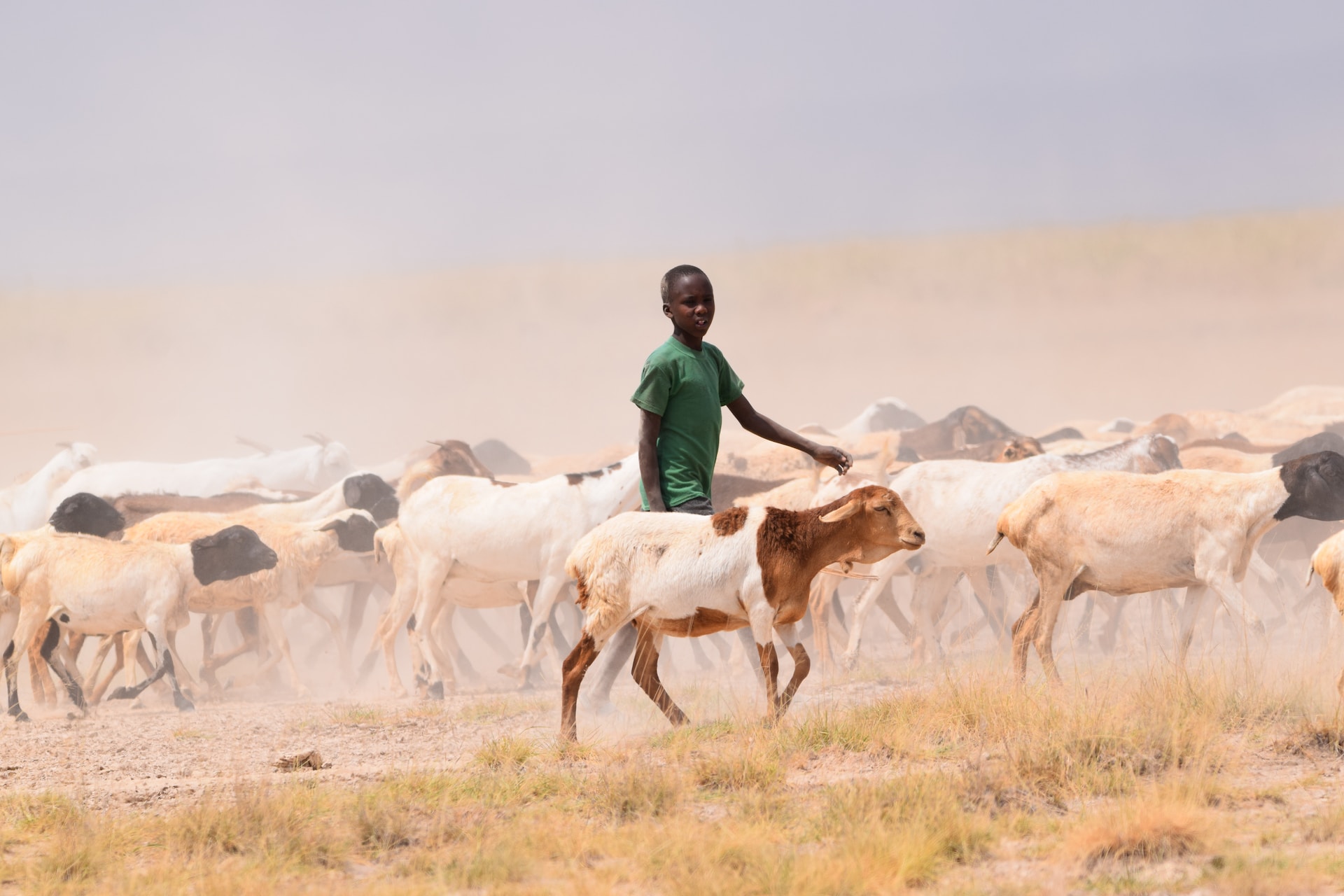
“Where I come from, I have witnessed how climate change has increased gender-based violence,” said Koin. “Because it is largely a pastoralist community, they depend largely on livestock, not only for livelihood but also for certain cultural practices.”
About 350 million people in Africa face food insecurity, and 7.4 million are internally displaced due to flooding and drought.
She added that droughts have caused the loss of livestock, which is at the center of their lives. As a result, the pastoralists get stressed, which leads to fights over resources.
“Most of the violence is meted out on the women and children,” said Koin.
The World Health Organization (WHO) estimates that 55 million people globally are affected by droughts every year, and they are the most serious hazard to livestock and crops in nearly every part of the world.
In the Arid and Semi-Arid Lands (ASAL) of Kenya, the loss of pasture and water points led to the death of over 1.5 million cattle.
More than 134 million Africans are acutely food insecure, needing urgent food and livelihood assistance.
Climate change has also made extreme weather events such as floods and droughts more likely and severe.
Chronic undernourishment
“The Red Cross collaborates with governments to respond to disasters globally. Climate crisis for us is already a humanitarian crisis beyond the economy, migration, access to water, and transboundary issues,” said Villadsen.
She said about 350 million people in Africa face food insecurity, and 7.4 million are internally displaced due to flooding and drought.
She added that climate change affects access to basic services such as health, food, and water.
Urgent food and livelihood assistance
“Just last year, we were talking about 7.4 million people that were internally displaced, not across borders but within their countries, because of flooding, drought, and food insecurity,” said Villadsen.
“That also comes with many challenges around issues of access to health, proper housing facilities, education for children, access to food and water, among others.”
According to a report by the United Nations Office for the Coordination of Humanitarian Affairs (OCHA), an estimated 278 million people in Africa face chronic undernourishment.
“Courts nowadays deal with increased cases of divorce and gender-based violence, which can directly be tied to climate change.”
More than 134 million Africans are acutely food insecure, needing urgent food and livelihood assistance.
Justice Chawatama said courts nowadays deal with increased cases of divorce and gender-based violence, which can directly be tied to climate change.
However, judges rarely consider this factor when delivering verdicts on such cases.
Climate justice is the fair and equitable distribution of benefits and burdens of addressing climate change.
“It is time that courtrooms appreciate what is happening to our people so that decisions are relevant and helpful,” said Justice Chawatama.
She defined climate justice as the fair and equitable distribution of benefits and burdens of addressing climate change.
Climate justice is a concept that advocates for equitable and fair treatment of all individuals and communities, particularly those who are disproportionately affected by the impacts of climate change.
It recognizes that the impacts of climate change are not distributed equally and that vulnerable and marginalized communities often suffer the most severe consequences despite contributing less to the problem.
“We need to get back in motion after suffering all these setbacks. So, we must ask ourselves, what can we do to stay resilient and have a fulfilling life?”
“We have seen that there is no fairness in the distribution of wealth. So, we need to listen to the voices of the vulnerable in society and let them contribute to the changes,” said the judge.
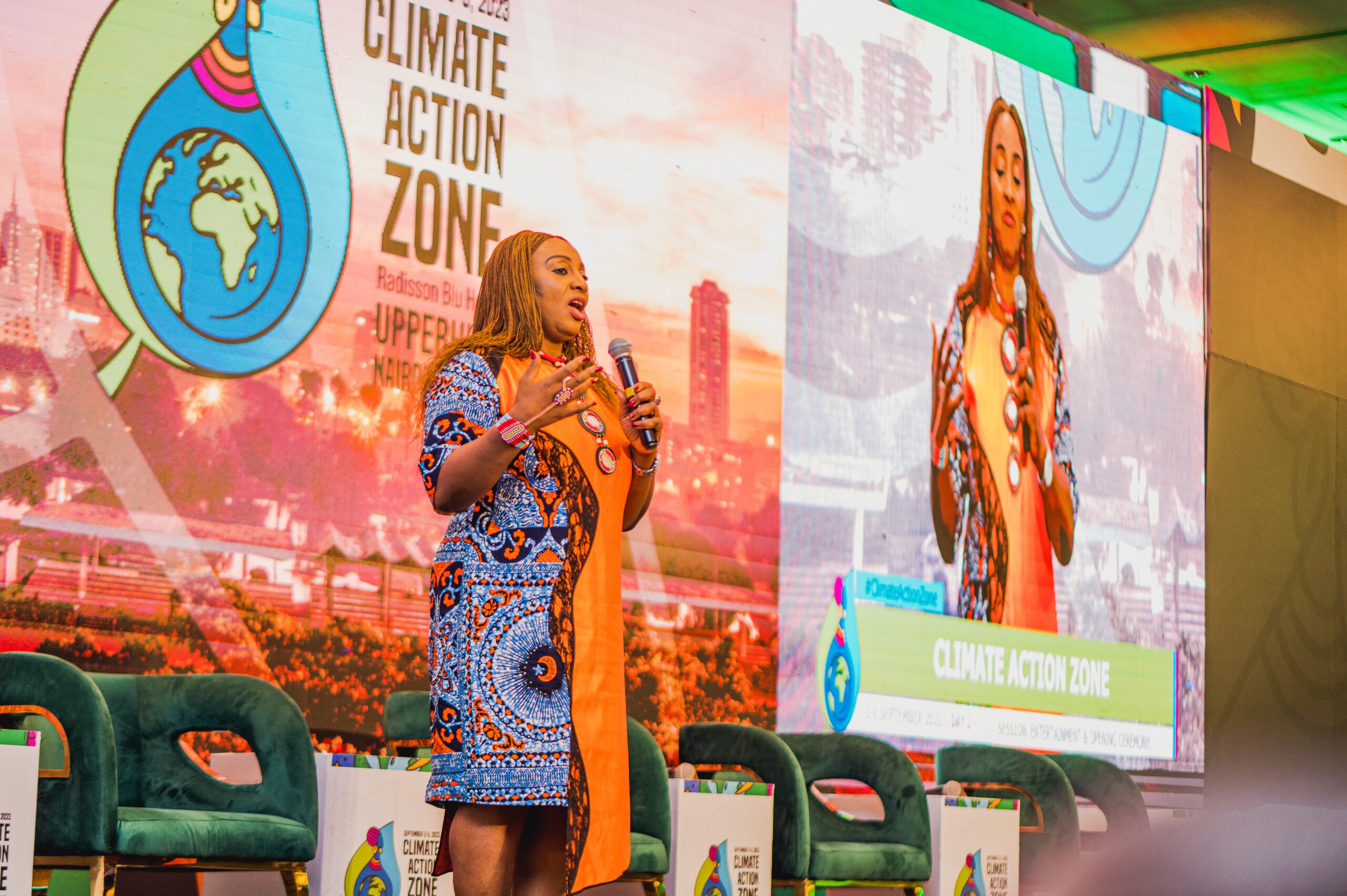
Dr Ochugboju underscored the need to build resilience against the climate crisis and other disasters.
“We need to get back in motion after suffering all these setbacks. So, we need to ask ourselves, what can we do to stay resilient and have a fulfilling life?” she said
Global South countries must now put more effort into producing drought-tolerant and pest-resistant seeds while leveraging the benefits of biotechnology.
According to Koin, communities need to unlearn and relearn their ways of life and accept that the solutions to the problems brought about by climate change lie in science.
“This is our direction, and we need to be bold about it. You can go to court all you want to fight the science, but you cannot stop an idea whose time is right,” she said.
She said Global South countries must now put more effort into producing drought-tolerant and pest-resistant seeds while leveraging the benefits of biotechnology.
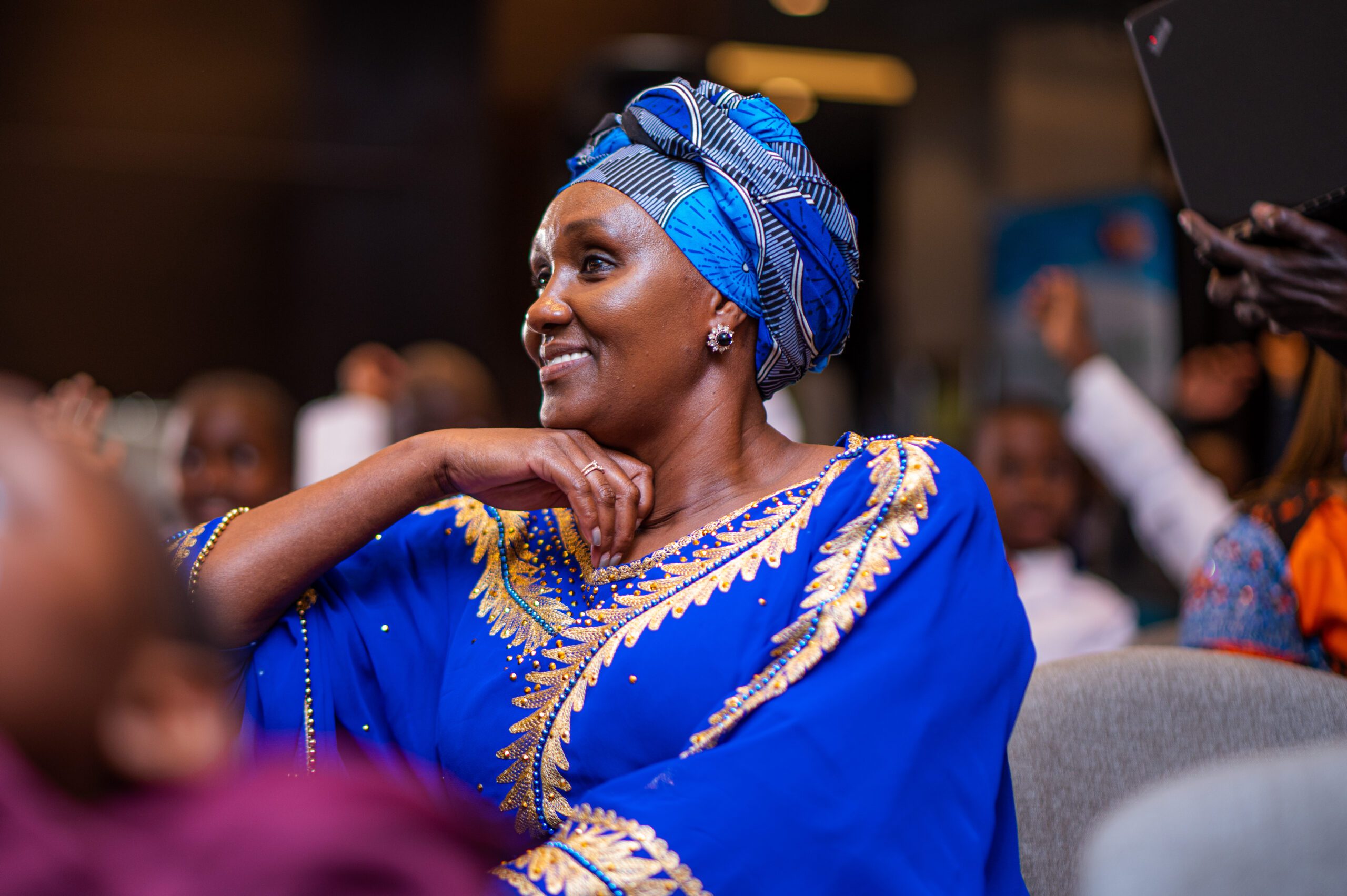
Koin added that some solutions to the climate crisis lie within people’s ways of life.
“For example, in Kenya’s Samburu County, we have mobile schools for the pastoralists. In the program, teachers follow learners who migrate with their parents,” she said.
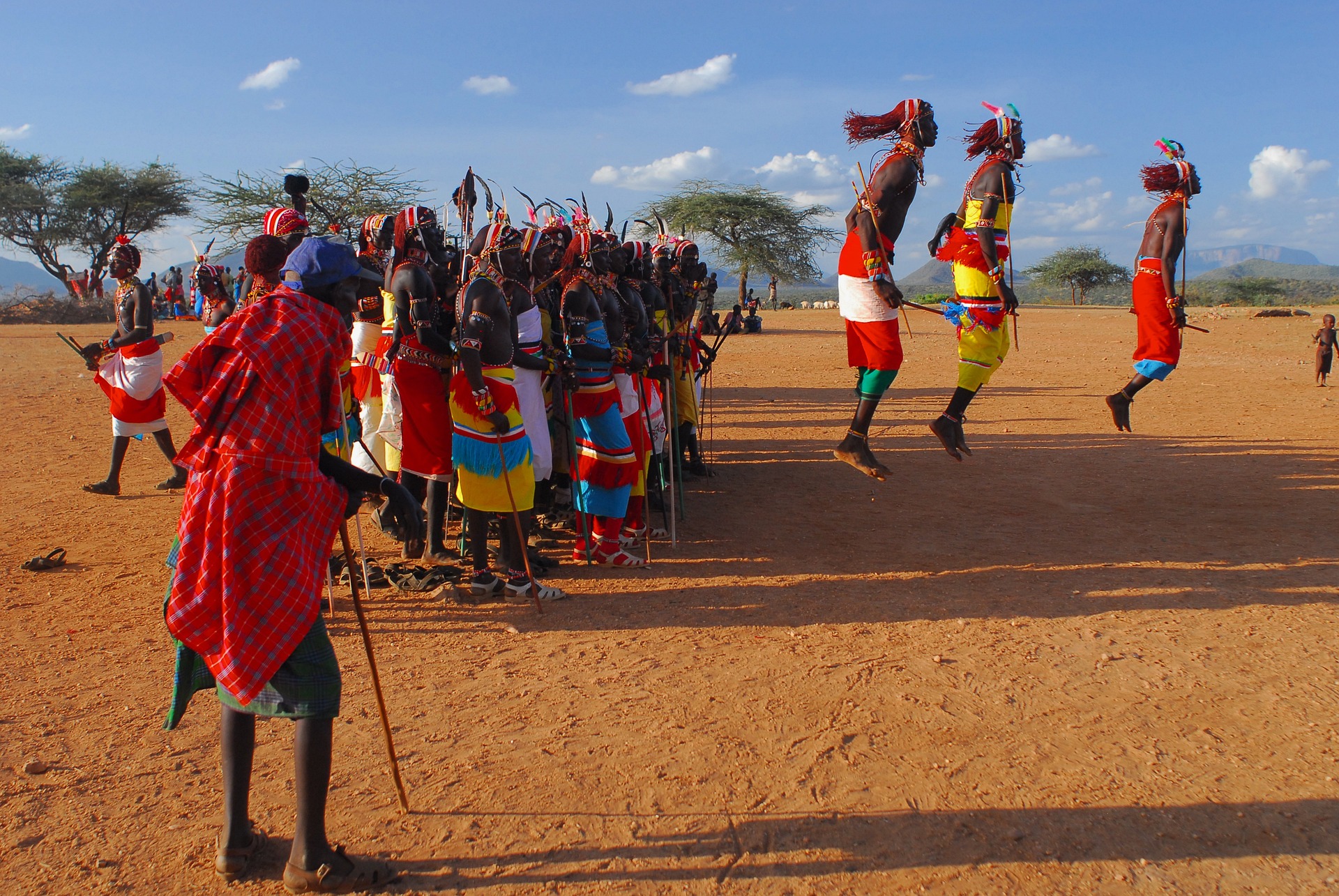
“We need to understand that conflict is no longer the only cause of migration and the refugee situation; people now move from their homes because of the impacts of climate.”
As a concept, ‘climate justice’ recognizes that although global warming is a global crisis, its effects are not felt evenly around the world and that the blame for creating the problem is not shared evenly.
Recognize Africa’s special needs and circumstances.
In his speech during COP27 in 2022, Kenya’s President William Ruto highlighted that Africa contributes less than three percent of the pollution responsible for climate change but is most severely impacted by the ensuing crisis.
Hence, it is only fair that necessary measures are taken to recognize Africa’s special needs and circumstances.
Justice Chawatama said the justice system must wake up to the fact that cases arising from climate change need to be dealt with urgently.
“We need to understand that conflict is no longer the only cause of migration and the refugee situation; people now move from their homes because of the impacts of climate,” she said.
“Climate finance talks must continue and accountability measures put in place to ensure that money meant for the most vulnerable is spent prudently.”
For Villadsen, there is a need to leverage the power of indigenous knowledge.
“There are African royal houses, chiefdoms, and kingdoms in protected areas. We need to learn from them the importance of nature conservation and how we can use our cultures to lessen the effects of climate change,” she said.
She added that climate finance talks must continue and accountability measures put in place to ensure that money meant for the most vulnerable is spent prudently.
